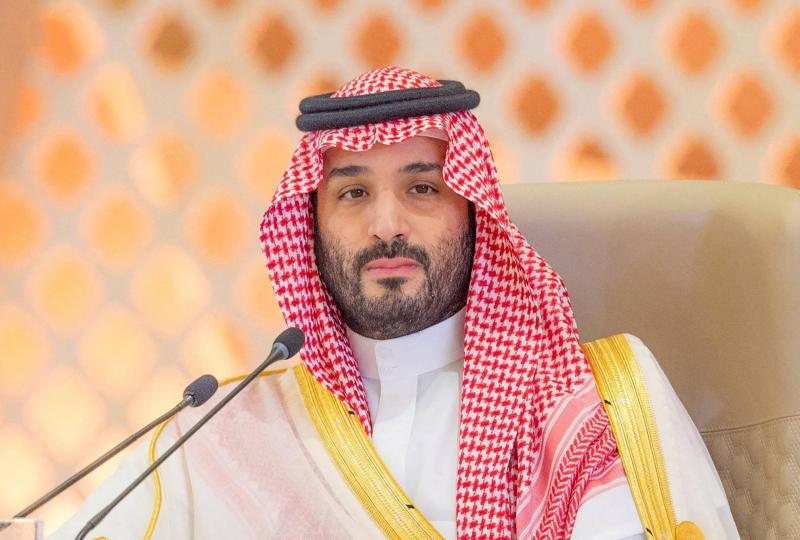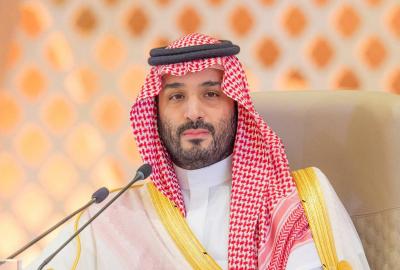The King Abdullah University of Science and Technology (KAUST) aims to transform science and research into economically viable innovations by focusing on national priorities for research, development, and innovation.
Crown Prince Mohammed bin Salman bin Abdulaziz Al Saud has launched the new strategy for the university, which seeks to convert science and research into economically productive innovations by focusing on national priorities for research, development, and innovation. These priorities include human health, environmental sustainability, renewable energy, and future economies, in addition to enhancing fruitful international and local partnerships and collaboration with the private sector, contributing to the objectives of Saudi Vision 2030. The Crown Prince stated that since its establishment, KAUST has excelled in its research, innovations, and talents, becoming one of the leading research universities in the world. The new strategy represents a new era for the university, cementing its scientific and academic status, and aims to be a beacon of knowledge and a source of inspiration and innovation, aligning with the ambitions of the Kingdom's Vision 2030 for a better future for the Kingdom and the world.
The new strategy focuses on increasing opportunities for turning research into economically beneficial innovations, which includes three main initiatives: the launch of the National Transformation Institute for Applied Research (NTI), the reorganization of research institutes within the university to align with national priorities for research, development, and innovation, and the establishment of the Deep Technology Innovation Fund (DTIF) with an estimated budget of 750 million riyals. This fund aims to provide early investment in local and international companies specializing in high technology, enhancing economic diversification and contributing to the creation of high-quality technical jobs.
The strategy also aims to provide quality opportunities for researchers, faculty members, and students, empowering them to apply science and research to create a sustainable global impact through strengthening international and local partnerships. Among the key initiatives resulting from these partnerships is the "KAUST Coral Reef Restoration Initiative" in partnership with "NEOM," which aims to plant and revive hundreds of thousands of corals over an area of 100 hectares on Shusha Island in the Red Sea. Additionally, ongoing collaboration with major companies in the Kingdom and the world, such as Aramco, Sabic, ACWA Power, IBM, Dow, and Boeing, will continue.
A prominent aspect of the strategy is the enhancement of international partnerships and the development of frameworks for cooperation with leading academic institutions and technology pioneers worldwide, including entering into strategic cooperation agreements with leading companies in Shenzhen, China, to conduct applied research in advanced fields such as space, robotics, and microelectronics. Through these initiatives and partnerships, KAUST will contribute to the development of the higher education system and research leaders in the Kingdom, marketing research and exchanging global innovation, and stimulating the growth of startups based on advanced technology, thereby enhancing the competitiveness of the Kingdom's economy and its global leadership in innovation.
The strategy is grounded in KAUST's legacy and its global academic stature, as the university ranked first in the world in terms of "citations per faculty member," according to the QS ranking for 2021. Furthermore, the university's research output is included in the top 25% of the highest-ranked scientific journals globally, with a higher share than its peer institutions. Today, KAUST graduates are employed in some of the world's leading companies and scientific institutions and research centers as executives and researchers, including NASA, MIT, NEOM, and other entities.




